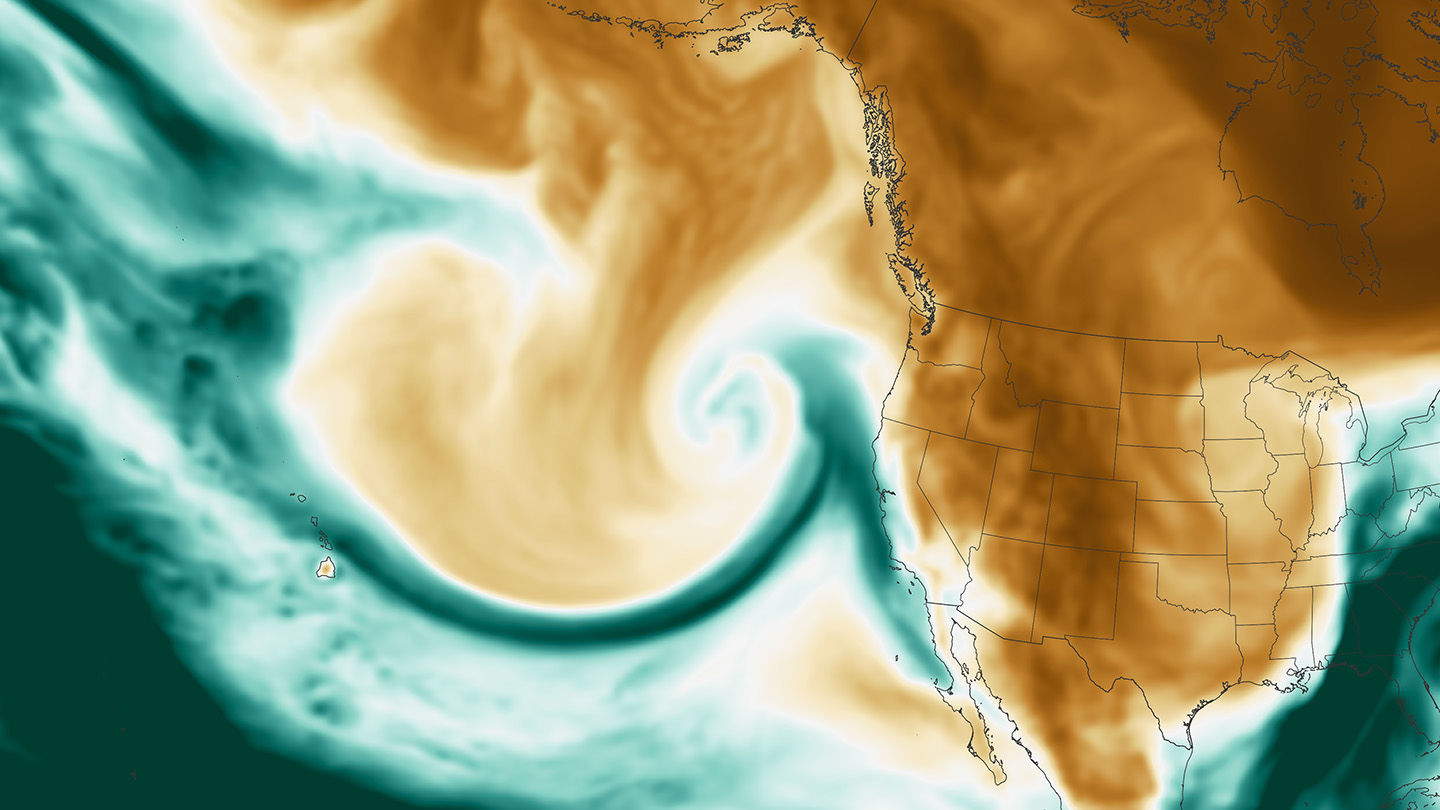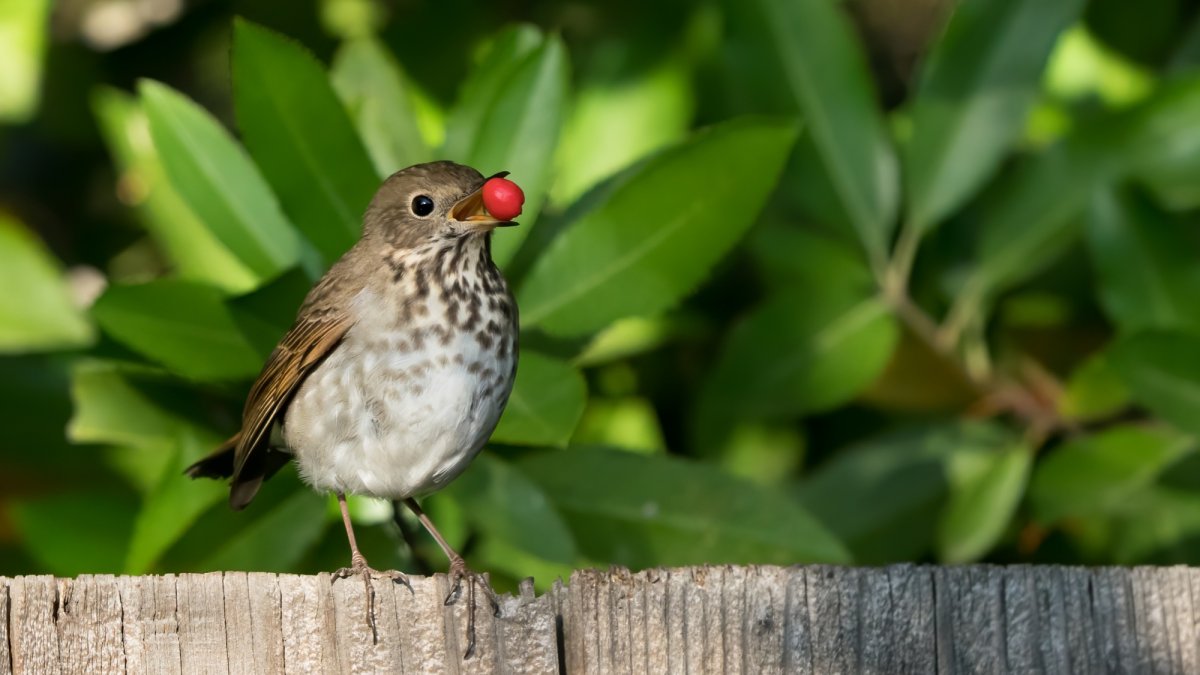
Rocket Regulation Scrutiny: House Science Panel Demands Probe into FAA's Launch Licensing Maze
In a move that signals growing concerns about aerospace safety and regulatory oversight, the House Science Committee has requested the Government Accountability Office (GAO) to conduct a comprehensive review of the Federal Aviation Administration's (FAA) launch regulations. These current guidelines have sparked significant criticism from industry stakeholders who argue that the existing framework may be outdated or overly restrictive. The committee's decision comes amid increasing commercial space activity and a rapidly evolving aerospace landscape, where innovative private companies are pushing the boundaries of space exploration and transportation. By initiating this independent review, lawmakers aim to ensure that regulatory standards keep pace with technological advancements and maintain the highest levels of safety while supporting industry growth. The GAO investigation is expected to scrutinize the FAA's current launch regulations, assess their effectiveness, and potentially recommend updates that balance rigorous safety protocols with the need for regulatory flexibility in an increasingly dynamic space sector.










